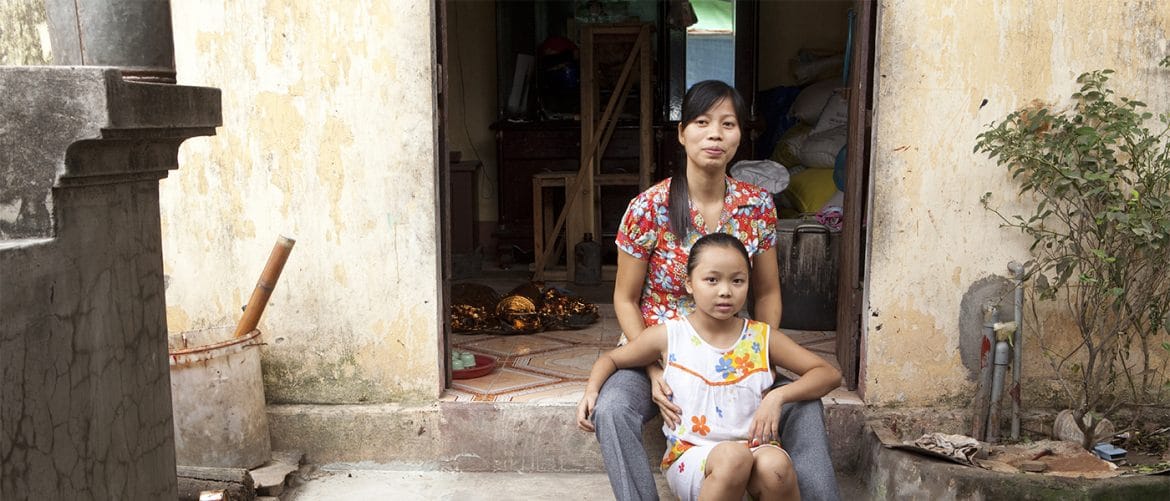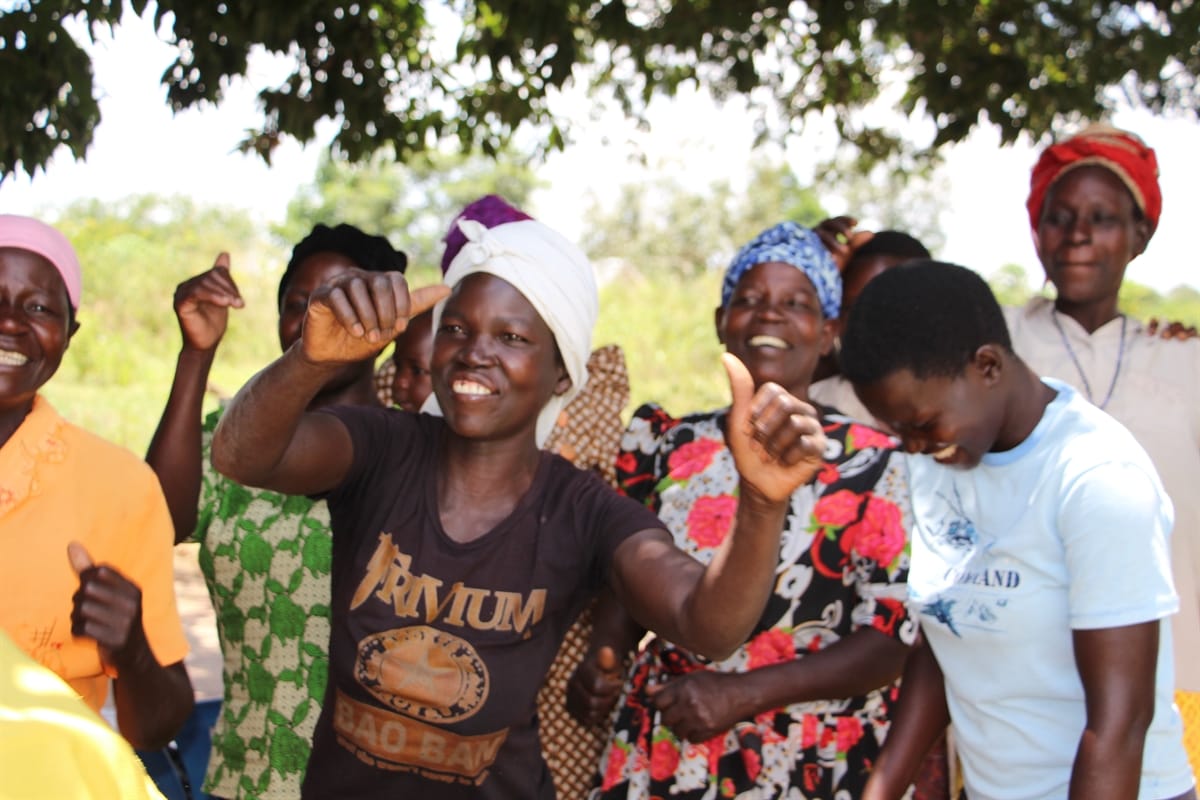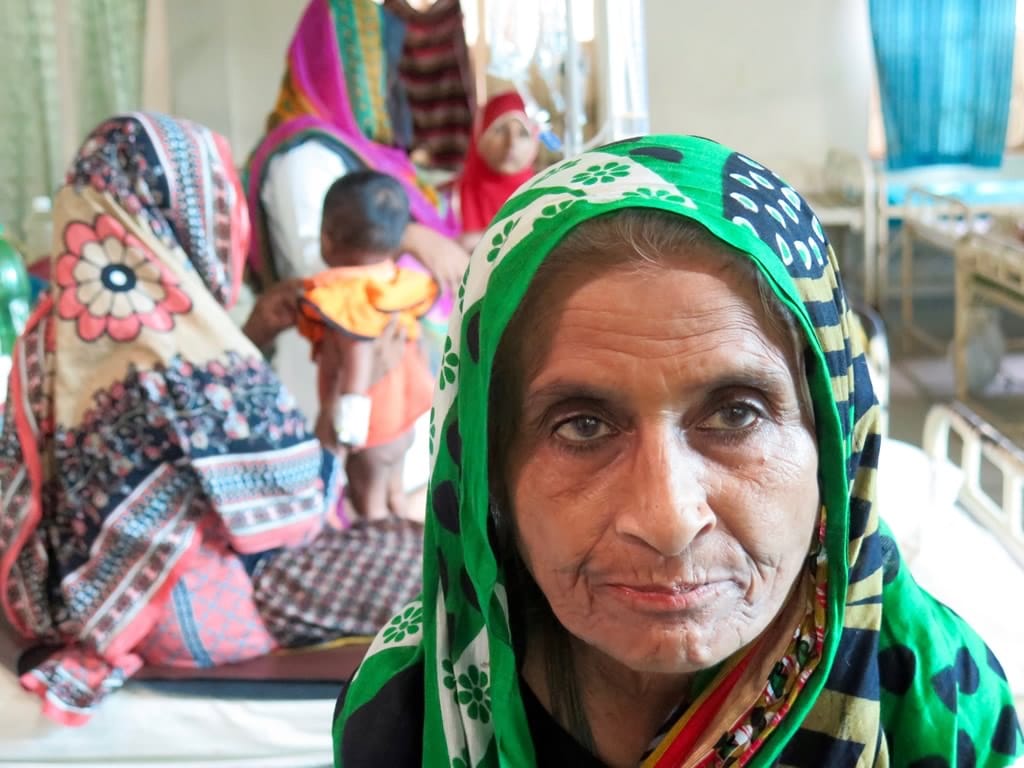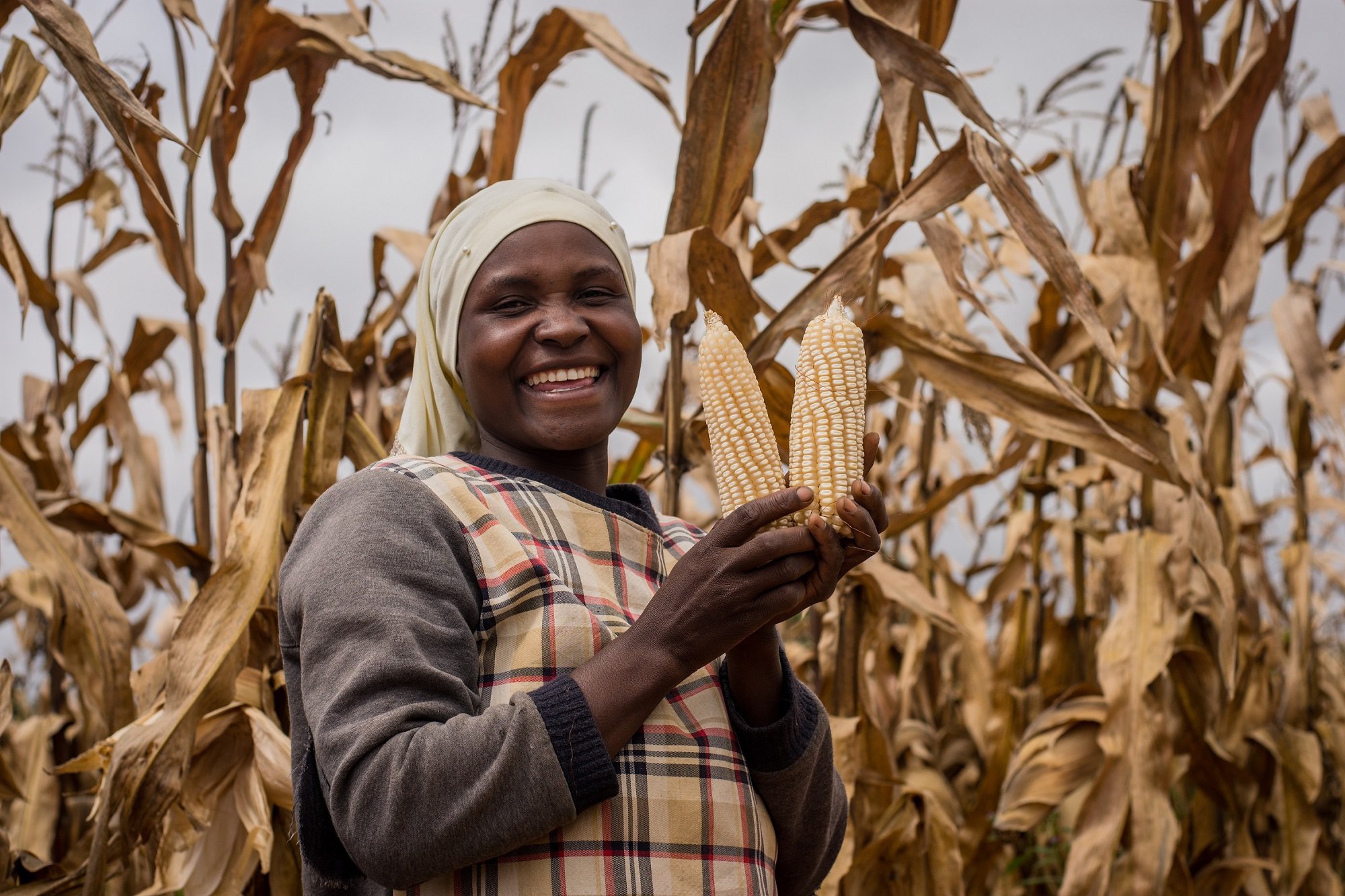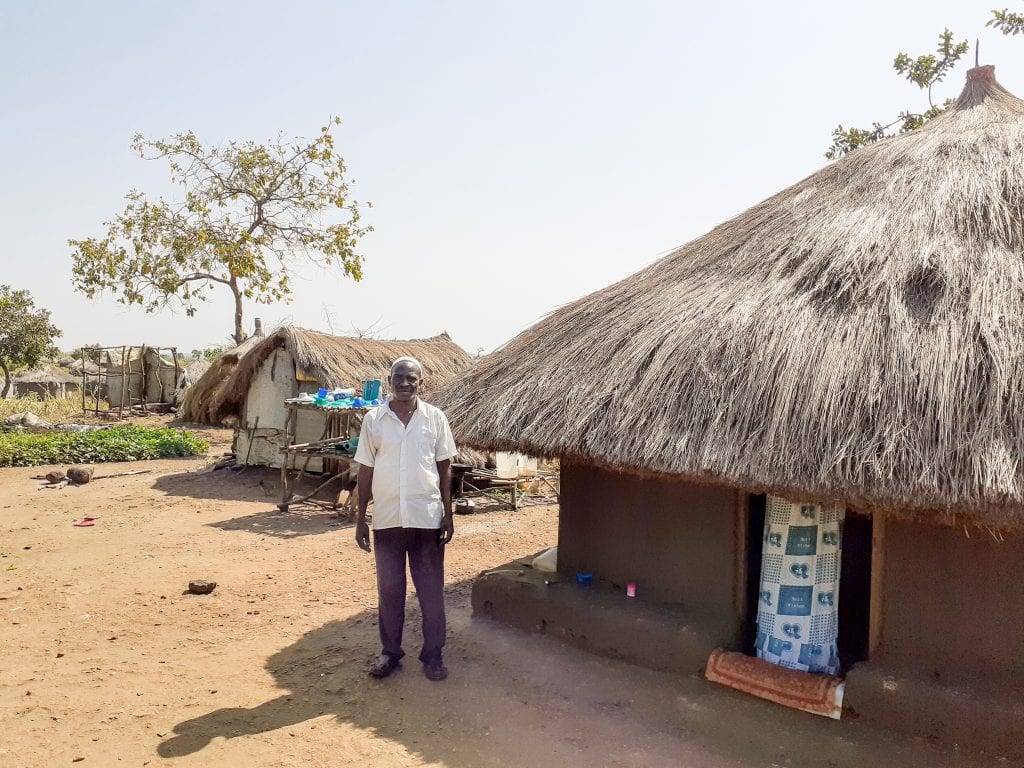By Alena Sims, Communications Associate, MCSD, PSI
In rural Vietnam, 30% of families lack access to sanitation facilities that meet basic hygiene standards. The lack of access to sanitation disproportionately affects women and girls, who face numerous adverse health effects and safety risks as a result.
To address this issue, PSI Vietnam, with support from philanthropist Camilla Hagen Sørli and the Maverick Collective, is working to build a sustainable sanitation market that will increase access to toilets for women and girls in rural areas.
How?
1. Partner with sanitation entrepreneurs and manufacturers to make quality, affordable sanitation products and services easy to use.
Many rural families in the Mekong Delta region of Vietnam use hanging latrines, a method that commonly filters human waste into nearby water sources. These latrines cause health and environmental risks for rural communities and expose women and children to safety risks. PSI Vietnam formed a partnership with ROTO, a local plastic septic tank manufacturer that previously distributed primarily in urban areas. PSI Vietnam worked with rural sanitation retailers to motivate them to stock, display and promote the tanks to customers purchasing other household improvement items. The partnership between PSI, ROTO and the rural retailers makes it easier for low-income families to invest in quality, gender-appropriate sanitation products. Is it working? PSI Vietnam has sold over 730 ROTO plastic septic tanks since the project began in 2016.
2. Train and incentivize rural masons to grow the sanitation portion of their business.
PSI recognized that the sanitation market could be a growth opportunity for entrepreneurial masons while an increase in masons working on toilets could increase good sanitation. Capitalizing on this mutual benefit, PSI organized trainings in rural coffee shops to improve the masons’ awareness of the benefits of ROTO tanks; build their capacity to install gender-appropriate toilets with inside locks and menstrual hygiene disposal; and expand their business to include standalone toilet installation in addition to larger house renovation projects. Since the project began, over 397 masons have been trained. PSI also created rewards — such as business cards branded with PSI’s “TOT” (good) toilet campaign — to increase the proportion of their business generated by sanitation projects.
Additionally, the project designed and promoted a “how-to video” to help masons understand the key steps for installation. The video also helps ethnic minority households learn how to build a toilet with minimal masonry support.
3. Increase demand and investment in sanitation through behavior change communications.
To create demand for the toilets, initially, the TOT campaign positioned toilets as a way for husbands to promote their reputation as men who protect their wife’s privacy and dignity. For women, it was to create homes they can be proud to share with visitors. However, this campaign didn’t resonate with many families, especially those with grandparents caring for children under five. Grandfathers wanted to make sure they protected their legacy as “tradition keepers.” With this and other findings, a new TOT campaign launched on Vietnam’s lunar New Year, promoting septic tanks as a way to combine tradition with modern improvements that can generate good fortune for rural families.
Stay tuned for more ways this key project is working to improve access to and use of toilets in Vietnam, and how these lessons can be scaled across PSI’s network of 50 partner countries.
Banner photo: © Population Services International / Banner Photo by: Jake Lyell
